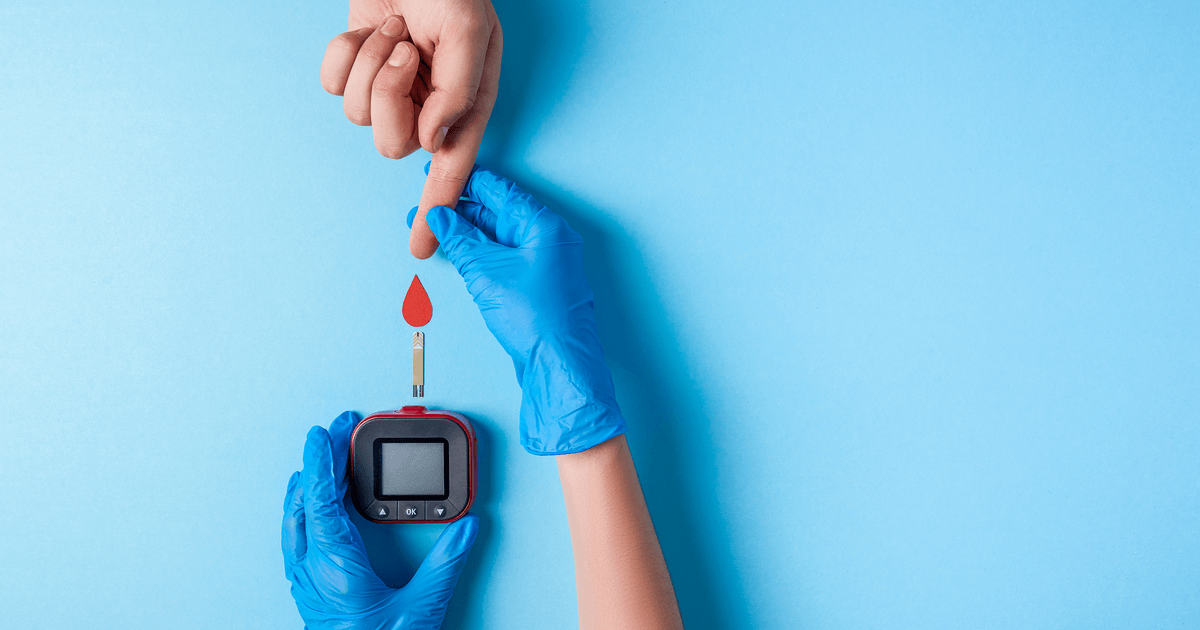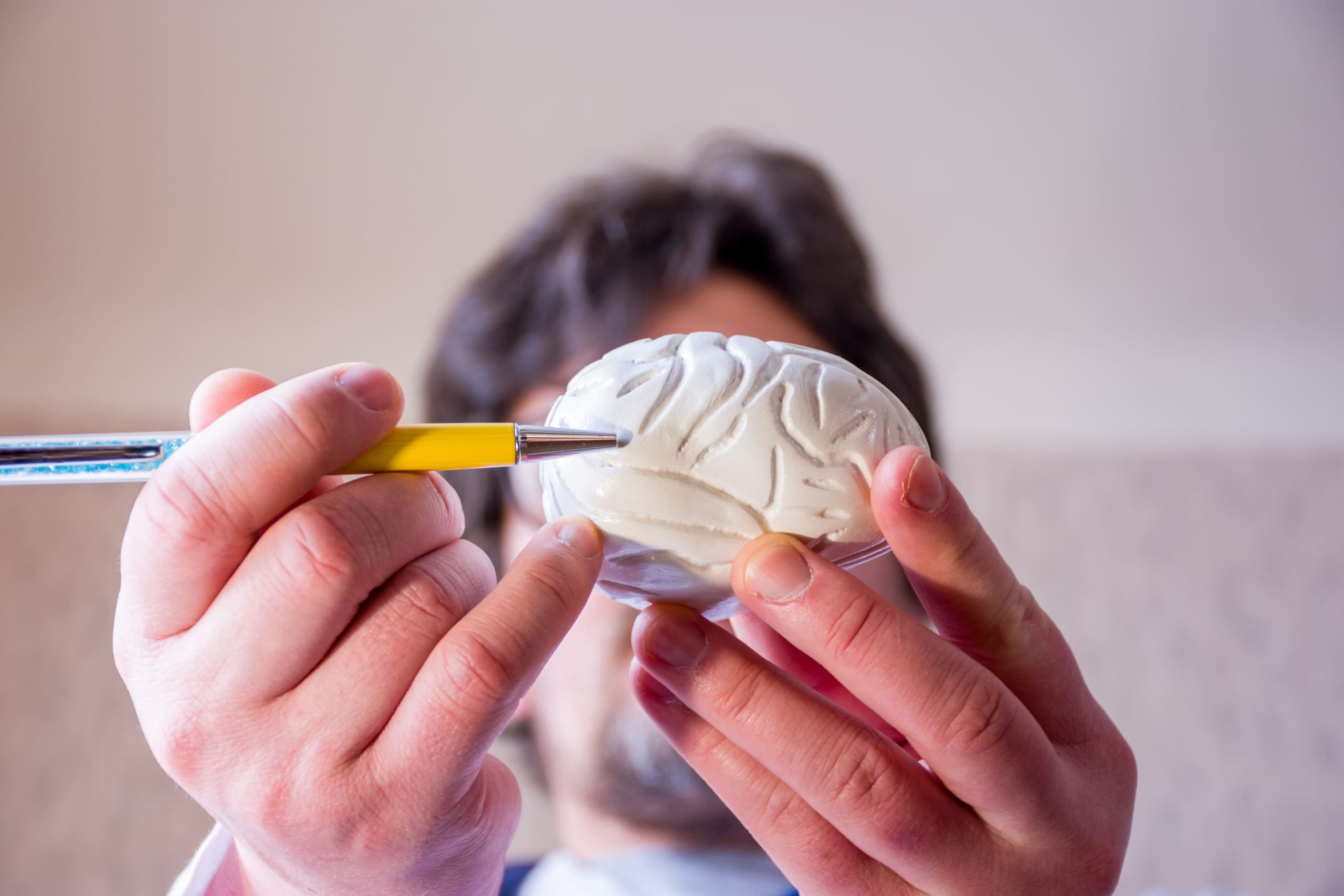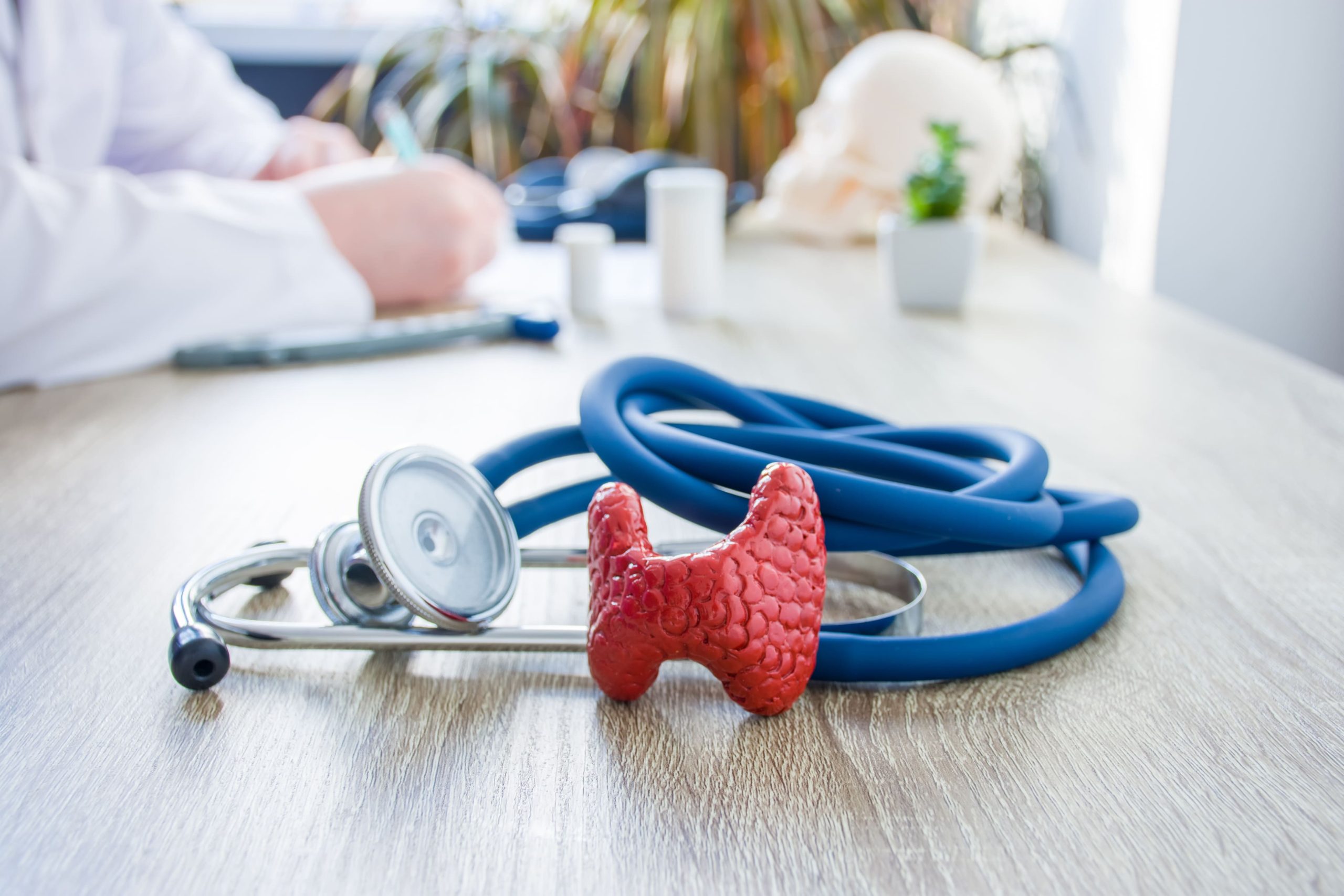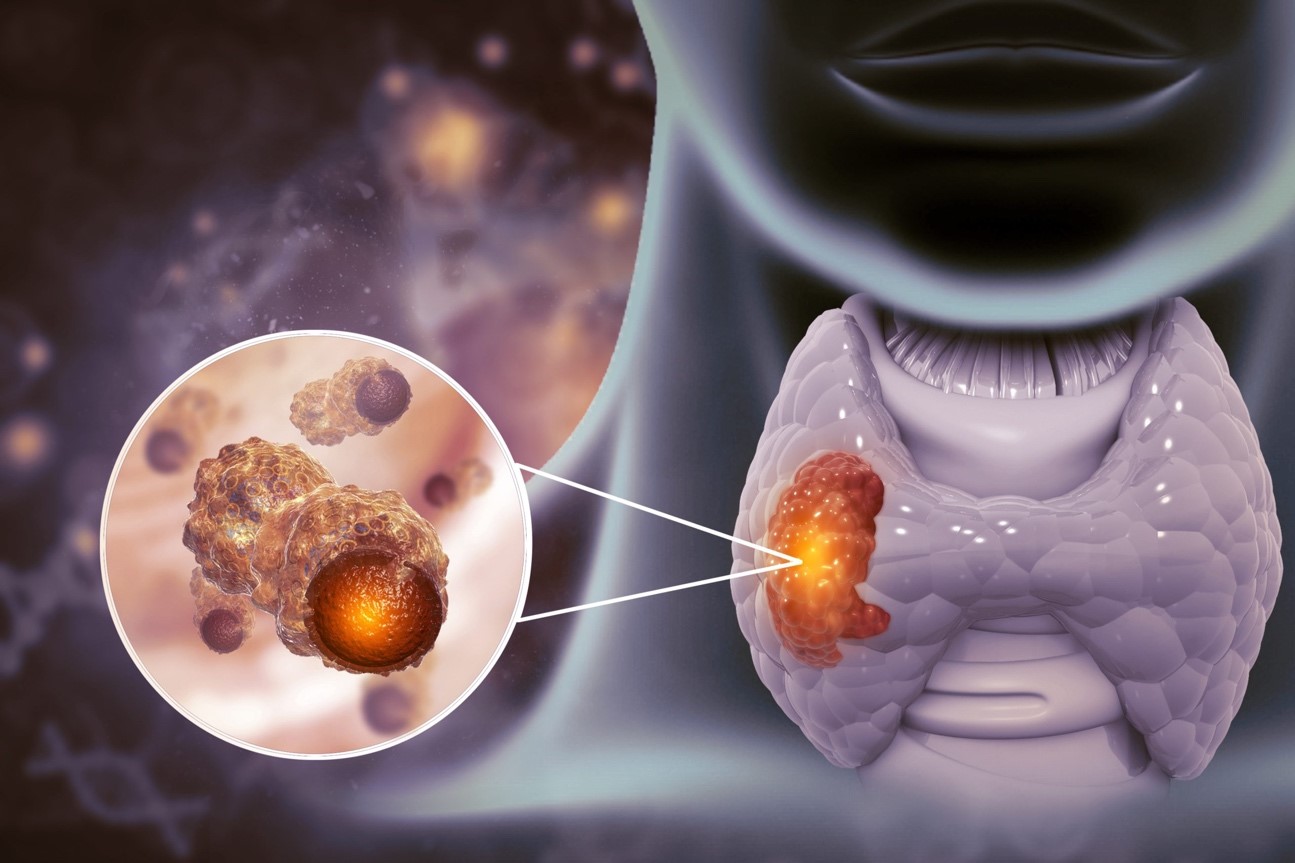Endocrine & Hormonal Health
Diabetes: Risks Factors and Early Symptoms

What is Diabetes?
Diabetes or diabetes mellitus is a chronic health condition that revolves around how your body turns your food into energy. Most of the food that you consume is broken down and turned into sugar (glucose). This glucose is released to your bloodstream and is then moved from your blood into your cells to be used as energy, with the help of a hormone released by your pancreas called insulin.
If you have diabetes, then the insulin is insufficient or is ineffective, depending on your body’s needs. As such, the exorbitant amount of glucose stays in your bloodstream, which can lead to many serious health problems, including heart and kidney diseases, blindness and foot ulcers leading to amputations.
In Singapore, diabetes was the 10th leading cause of death, accounting for up to 1.7% of total deaths in 2011. Both globally and in Singapore, diabetes is a serious issue where cases have been increasing steadily over the years.
Prediabetes
Prediabetes happens when the blood sugar is high but not high enough to be diagnosed as diabetes. Prediabetes acts like an indicator that your body is producing insufficient insulin or it is showing the sign of resistance towards the produced insulin. If prediabetes is not managed, it can progress to type 2 diabetes.
Types of Diabetes
Type 1 Diabetes
Type 1 diabetes is an autoimmune condition in which your body attacks itself with antibodies destroying the insulin-producing cells of your pancreas. It is also known as juvenile diabetes, as it is usually diagnosed in children, teens, and young adults. However, it can also develop in older individuals.
Type 2 Diabetes
Type 2 diabetes occurs when your body produces insufficient or less effective insulin. It is also known as insulin-resistant diabetes. About 90-95% of the people with diabetes have Type 2 diabetes, making it the most common type of diabetes.
Gestational Diabetes (Diabetes in Pregnancy)
Pregnancy can cause insulin resistance due to the hormones produced by the placenta and in conjunction with weight gain and genetic susceptibility, this can lead to gestational diabetes. Blood sugar usually normalises after the delivery but the woman will have an increased risk of developing type 2 diabetes later in life. In gestational diabetes, a good blood sugar control is essential in order to reduce the risk of complications to both the baby and mother.
Common Symptoms of Type 1 and Type 2 Diabetes
- Increased thirst and frequent urination
- Slower healing of wounds
- Feeling tired and weak all-day
- Sudden loss of weight
- Numbed feet and hands
- Blurred vision
Causes & Risk Factors
Type 1 Diabetes
- Family history diabetes
- Injury to the pancreas due to infection, surgery, etc.
- Presence of autoantibodies that attack your pancreatic tissues
Type 2 Diabetes
- Family history of diabetes
- Obesity
- Insulin resistance syndrome
Gestational Diabetes
- Family history of diabetes
- Being overweight
- Gaining excessive weight during pregnancy
Diagnosis of Diabetes Mellitus
Diabetes is diagnosed by the following blood tests
Glycated haemoglobin (A1C) test. This test shows the average blood glucose level in your body over a period of about 3 months. Glycated haemoglobin is a form of haemoglobin that is chemically linked to sugar. When sugar builds up in your blood, it binds to the haemoglobin in the red blood cells. The A1c test measures how much glucose is bound. This test can be done without the need to fast.
Random plasma glucose test. This test is done by taking a blood sample, without fasting. It is only useful for diagnosis if presented together with typical symptoms of diabetes.
Fasting plasma glucose test. You will need to fast overnight for at least 8 hours for this test.
Oral glucose tolerance test. This is the gold standard test for diagnosing diabetes. You will need to fast overnight for at least 8 hours and blood samples will be drawn twice. The first one is at 0min, after which you will be given a 75g glucose drink and a second blood sample will be drawn 120 min after the drink.
Treatments for Diabetes
Type 1 Diabetes
People diagnosed with type 1 diabetes need to take insulin every day through injections, which is why it is also called insulin-dependent diabetes.
Type 2 Diabetes
Type 2 diabetes can be managed by keeping a healthy diet, exercising, and some medication according to the severity of the condition. Some patients with type 2 diabetes may need insulin therapy if their pancreas started to fail and unable to produce sufficient insulin.
Gestational Diabetes
The treatment of gestational diabetes involves keeping your weight under control, exercising regularly, making healthy choices in the matters of food, and taking insulin injections if required.
Conclusion
The cure for diabetes is yet to be found. Making moderate changes in your lifestyle such as maintaining a healthy weight, keeping a well-balanced diet, exercising regularly and taking required medications can allow you to live a long healthy life.
Read this next ...
WHO WE ARE
About SOG Health Pte. Ltd.
Established in 2011, SOG Health Pte. Ltd. (“SOG”) is a leading healthcare service provider dedicated to delivering holistic health and wellness services to the modern family.
With a long and established track record in Singapore providing Obstetrics and Gynaecology (“O&G”) services such as pre-pregnancy counselling, delivery, pregnancy and post-delivery care, the Group has since further expanded its spectrum of healthcare services to include Paediatrics, Dermatology, and Cancer-related General Surgery (Colorectal, Breast & Thyroid).
The Group’s clinics, under its four operating segments of O&G, Paediatrics, Oncology and Dermatology, are strategically located throughout Singapore to provide easy access to its patients.
- Obstetrics
- Gynaecology
- GynaeOncology
- Breast, Thyroid & General Surgery
- Colorectal, Endoscopy & General Surgery
- Dermatology
- Paediatrics
Consult With A Specialist From SOG
Visit one of our specialists today to learn more about your health!
Recommended Specialists
Book An Appointment
Fill up this form and our clinic will get back to you shortly.
For general enquiries, please click here.





